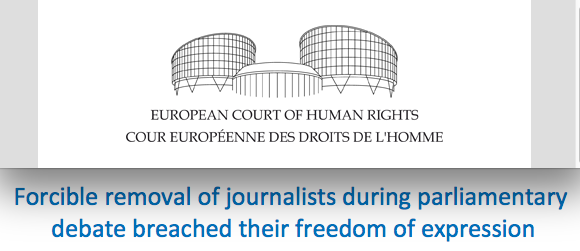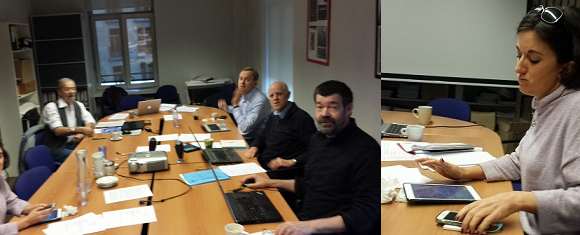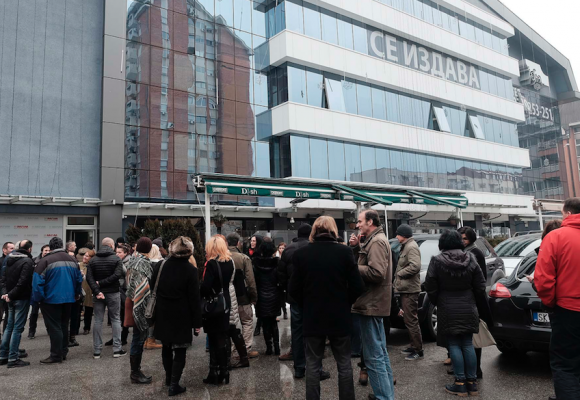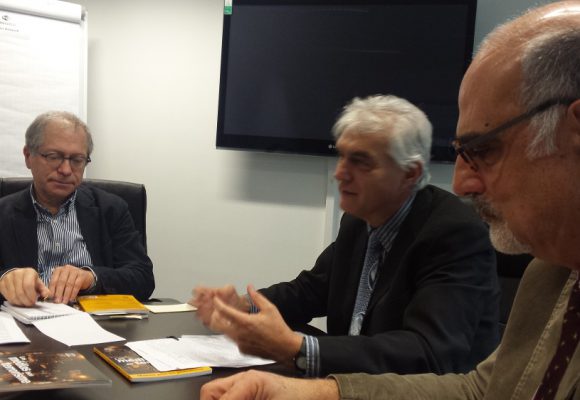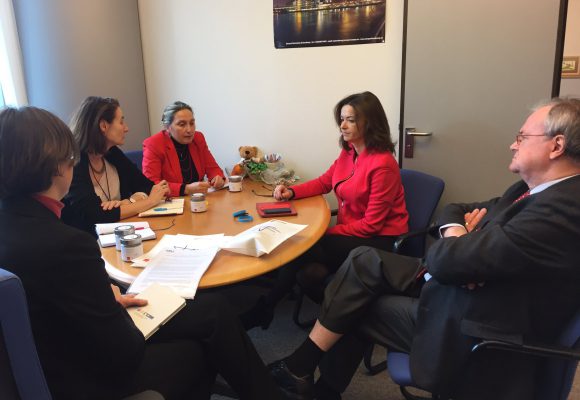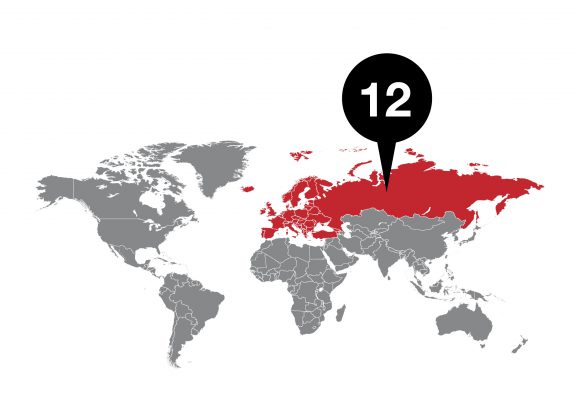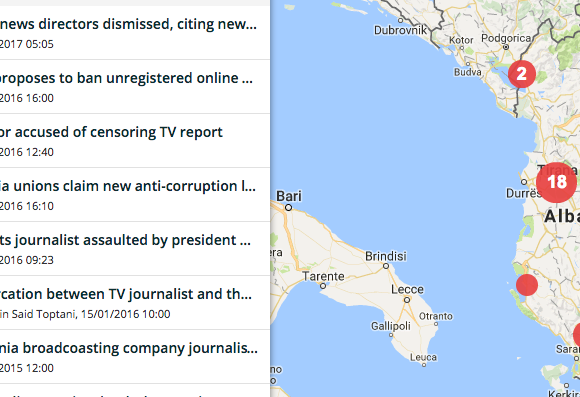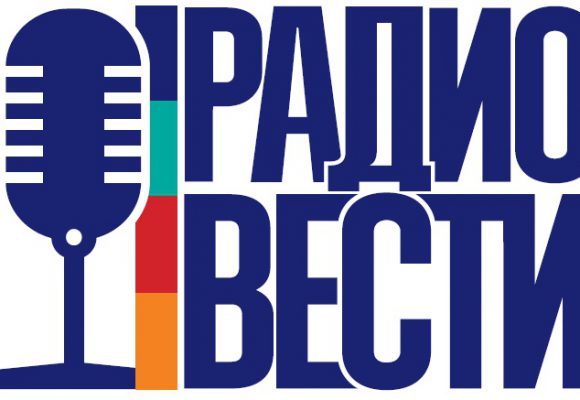Journalists cannot be expelled from Parliament
Association of Journalists of Macedonia (ZNM, EFJ-IFJ affiliate) welcomed the decision of the European Court of Human Rights in the case Selmani and others against the Republic of Macedonia related to the events of December 24, 2012 when journalists were forcibly expelled from the gallery of the Macedonian Parliament where they were reporting on a parliamentary debate about approval of the State budget for 2013. During the debate a group of opposition MPs had started creating a disturbance in the parliamentary chamber, and had been ejected by security officers. The applicants, accredited journalists, had refused to leave the gallery, a…

